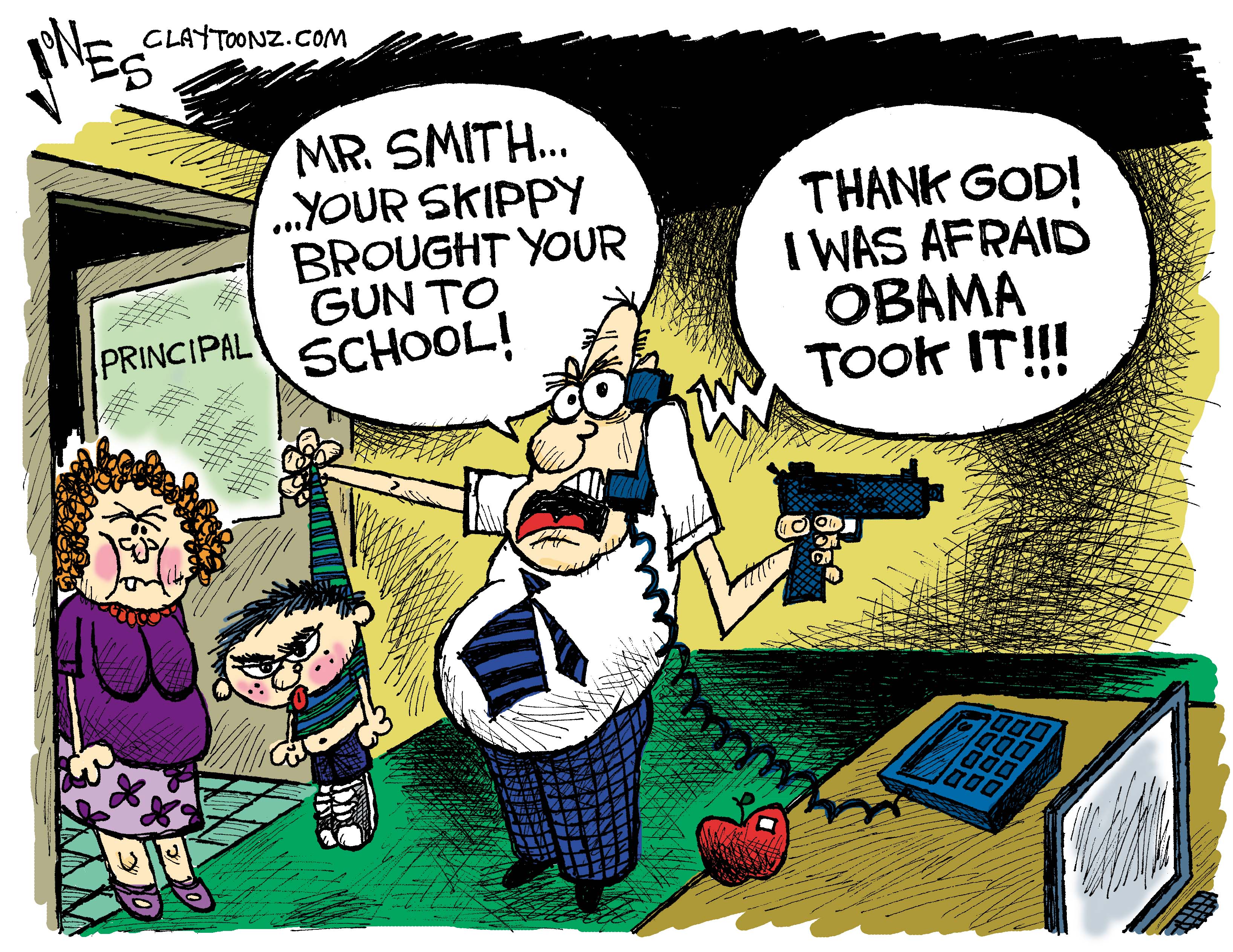Privilege of any kind is when you get to bend and break
rules others don’t. I have enjoyed many
aspects of Military Privilege since I re-enlisted in 2007. But I got the best part of this type of privilege
when I returned from Iraq in 2010. I went a title and tag company with proof of
my deployment and paid $20 for an Iraq Veteran license plate. Since then, the Return on Investment of this
$20 has been like owning the first shares of Berkshire-Hathaway or Apple.
Until last year I worked in Philadelphia. I only occasionally drove to work, but also I
regularly made trips to DC and New York in my car for business. I drive fast.
In addition, rolling through thousands of stop signs and traffic lights
on a bicycle leaks over into car driving some times. Did I mention that I occasionally park in the
wrong place?
I am not justifying any of this. But given my inclination to make up for
lateness by speeding, the Iraq Plate is like an enabler in a bad
relationship. Since getting the plate I
have seen a patrol car speeding up behind me on the turnpike with its lights
on, get close enough to see the Iraq plate, then pull off. I have been stopped and then let go by a
fellow Iraq veteran. And in Center City
Philadelphia, I parked my car to run an errand and came back to watch cars on
both sides of me get tickets, but not mine.
Today one of my former commanders posted on Facebook a
perfect example of Military Privilege.
In his words:
Pulled over last
night on my way home from the airport...I was doing 70ish in a 55...pulled over
right away when I saw his lights, turned on my dome light put my hands on my
steering wheel where they could be seen...the trooper asked if I knew why he
was pulling me over and I told him "yes sir I was speeding"...he said
it was 55 up until Hamburg and to keep it down and be safe...that was it...ok
maybe my ACU cover with Lieutenant Colonel on the back seat helped....or maybe
just maybe it was also that I was respectful and admitted I was wrong...
Polite, respectful and Army is a whole bunch better than polite
and respectful without Army.
Military Privilege, like every kind of privilege leads to
guilt on the part of the privileged (sometimes) and envy on the part of those
without the privilege (always).
Military Privilege unlike White Privilege is available to
anyone in the military and more so for veterans. Soldiers of all races and religions can bolt
a Veteran Plate on their car and feel like they have a bit of societal body
armor. In fact, the plate would seem a
particularly good idea for dark-skinned veterans to mark themselves out as
defenders of our nation.
Because most of our nation does not serve, Military
Privilege does not generate the kind of Envy that White Privilege does. Anyone can get Military Privilege by joining
the military and get even more privilege by serving in one of our current
wars.
In general, if you ever wonder if privilege exists, use the
Envy Test.
Envy is wanting what someone else has AND wanting to deny
them of the same thing. Jealousy, by
contrast, wants what someone else has, but does not need to take it from them.
I am jealous of anyone who owns a Ferrari. I want one.
I am not envious. They can have
theirs too! If I wanted their Ferrari to
be stolen or wrecked, that would be envy.
Envy always destroys community. Envy is always bad. Envy is the second worst of the Seven Deadly
Sins. Only Pride is worse.
Really, if you want to go to Hell and feel like greed, lust
and gluttony aren’t enough, stick with Envy.
Accuse someone else of having something you are entitled to then insist
you get yours and also insist that what they have is taken away. You should be able to smell sulfur soon.






